traffic (n)
/ˈtræfɪk/
the number of vehicles moving along roads, or the amount of aircraft, trains, or ships moving along a route

parking (n)
/ˈpɑrkɪŋ/
the act of stopping a vehicle at a place and leaving it there for a period of time

jam (n)
/dʒæm/
a situation in which it is difficult or impossible to move because there are so many people or vehicles in one particular place

motorway (n)
/ˈmoʊt̬ərˌweɪ/
a wide road built for fast-moving traffic, with a limited number of places where drivers can enter and leave it

bend (v)
/bɛnd/
to change direction to form a curve or an angle; to make something change direction in this way
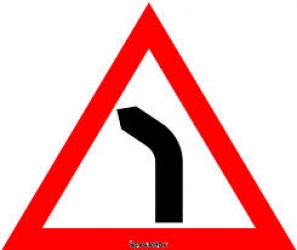
police (n)
/pəˈlis/
the people who work for an organization that tries to catch criminals and checks that people obey the law









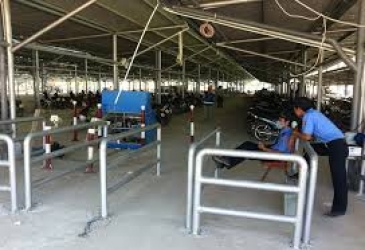
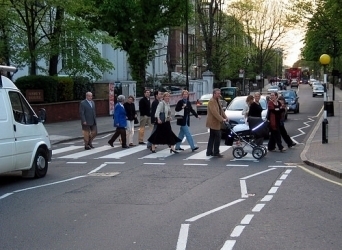
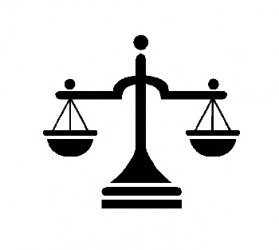
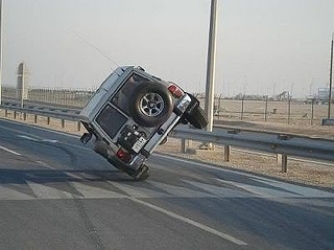
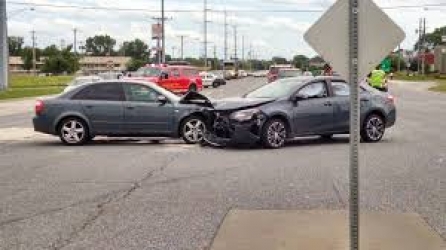
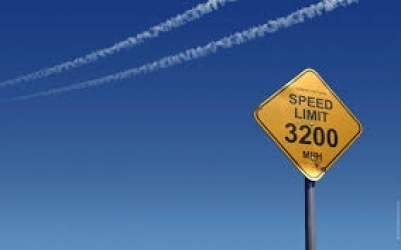
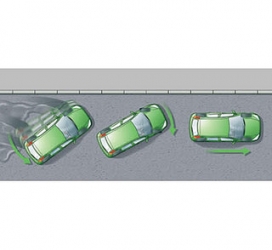


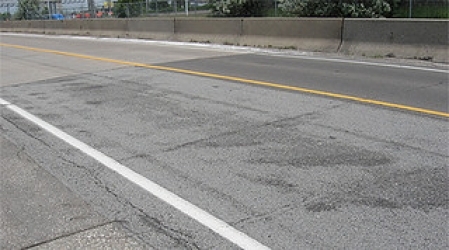

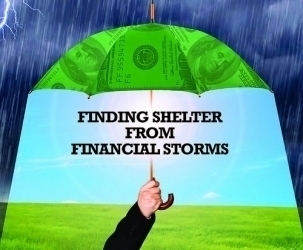

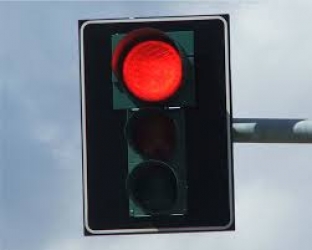
















 Hãy đăng ký thành viên và đăng nhập để sử dụng chức năng này!
Hãy đăng ký thành viên và đăng nhập để sử dụng chức năng này!
Bình luận